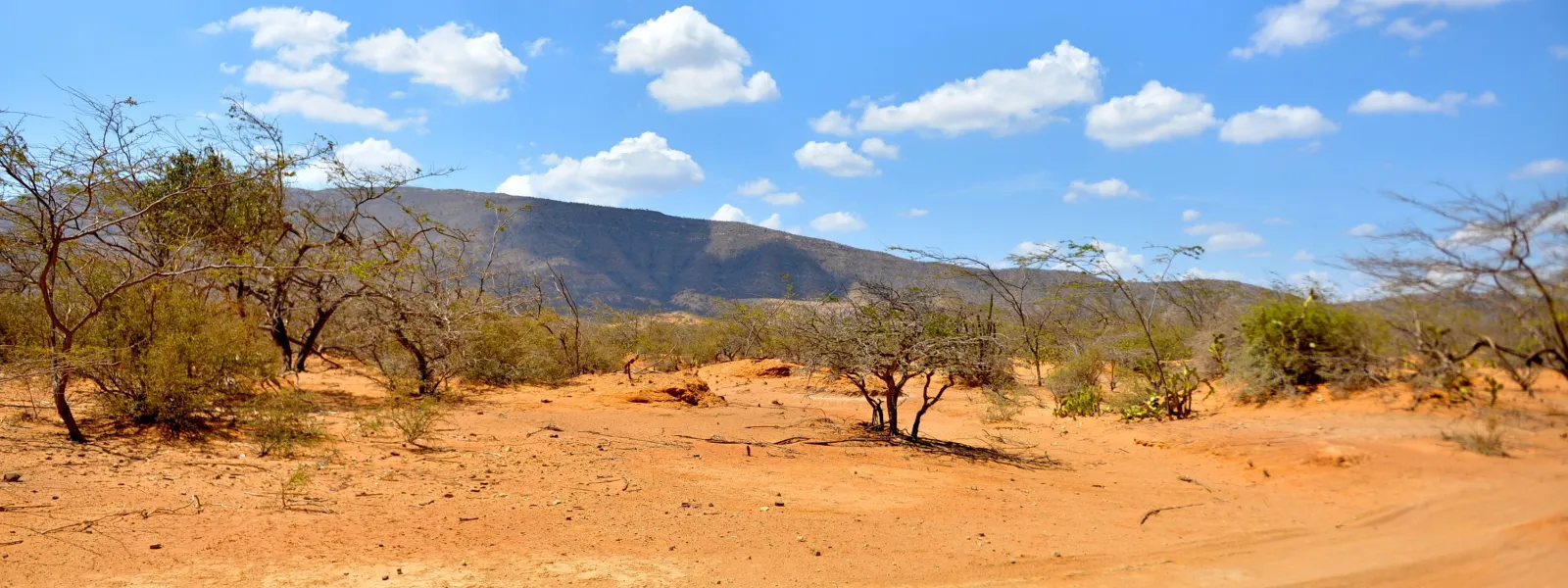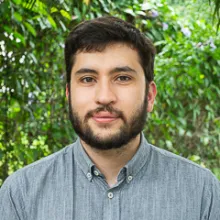
Expanding coal mining in Colombia contravenes a just energy transition
Photo: Alexandra Haddad on Pixabay.Colombia faces numerous challenges related to the just energy transition the world needs. As the main exporter of thermal coal in Latin America, one of its primary challenges is to define the future of this mineral in the country's economic and energy matrices, as well as how to align this sector with its commitments to address the global climate crisis.
Certainly, the measures taken to achieve a just energy transition and meet climate commitments must respect and guarantee human rights. The State must do so with a differentiated perspective that respects the most vulnerable groups in society who are most affected by the impacts of the climate crisis and transition processes.
As part of a plan to change the energy transition strategy, the current government has proposed to create a roadmap that focuses, among other things, on promoting renewable energy projects from non-conventional sources, among other initiatives. The proposal is based on four principles: equity, social and binding participation, sovereign graduality with reliability, and a principle of knowledge.
Although the proposed strategy can be seen as progress towards energy transition and meeting international commitments and standards, it has some gaps: it does not focus sufficiently on fossil fuel substitution and ignores the role and impact of the coal sector in all its phases.
The omission of the structural causes of the climate crisis hinders the consolidation of an energy transition, which is now a contested scenario with various claims and interests at stake.
A vivid example is the department of La Guajira in the north of the country, where a high potential for renewable energy coincides with the extraction of 35% of exported coal, exacerbating the climate crisis. This has increased the region's already high climate vulnerability and aggravated human rights violations in that territory. The impacts–particularly water stress, desertification, and reduced rainfall—have been so severe that the government has declared a state of economic, social, and environmental emergency in La Guajira, where the El Niño phenomenon is expected to occur with greater intensity and duration than in previous years.
The coal sector’s role in the energy transition process
Combating and addressing the climate crisis requires progress in replacing fossil fuels, as well as slowing down the expansion of their extraction and exploitation with the obvious consequence of limiting their use as much as possible.
In the countries of the Global South, which are highly dependent on the extraction and commercialization of fossil fuels, the debate has begun on whether and how to move forward with the substitution process.
If Colombia is to move forward in meeting its climate commitments and in the process of a just energy transition, it must halt the approval of new thermal coal mining projects, avoid the expansion of existing projects, and initiate responsible exit processes for a gradual closure of mining operations in which rights are guaranteed.
The energy transition roadmap should focus on avoiding, as much as possible, human rights impacts (territorial, subsistence, and environmental) on the communities most affected by the impacts of the climate crisis. The goal is to avoid further human rights violations and a lack of protection for the territories traversed by the coal sector's production chain.
The debate around the energy transition and the socio-environmental conflicts associated with coal is fully exemplified in the case of the Bruno stream, in La Guajira, with an ongoing legal process. It is now in the hands of the Constitutional Court to decide between the protection of a stream vital to an area of high water stress and the exploitation of its channel to expand the mine of the company Carbones del Cerrejón (owned by the multinational Glencore). What is at stake is the guarantee of the Wayúu communities' rights of access to water, health and life.
The debate about the energy transition and the socio-environmental conflicts associated with coal is exemplified by Bruno Stream in La Guajira, which is the subject of a court case. It is now in the hands of the Constitutional Court to decide between the protection of a stream vital to an area of high water stress and the exploitation of its channel to expand the mine of the Carbones del Cerrejón company (owned by the multinational Glencore). What is at stake is the guarantee of the Wayúu communities' rights to access to water, health and life.
What just transition does need
After analyzing the role of coal in the process of just energy transition in Colombia, it is possible to conclude that the country is not meeting its climate commitments because it has not established specific measures and actions for the coal sector in its climate policy.
If Colombia wants to move forward in fossil fuel substitution, climate policy and the energy transition process cannot be separated from the monitoring and decision-making of the relevant authorities regarding specific projects in the coal sector.
Climate change management and the energy transition process must recognize the claims of justice, reparation, and non-repetition raised by communities affected by years of coal extraction, such as those in the department of La Guajira.
In a just energy transition scenario, progressive, participatory and inclusive processes to end mining - together with the affected communities - must be ensured, aiming to create diversification and conversion scenarios in regions with high dependence on the coal sector.
Acting within this framework is desirable and possible.
José David Castilla

José David Castilla Parra is Colombian and an attorney with AIDA's Human Rights and Environment Program, working from Bogotá. He has a law degree from Universidad La Gran Colombia and a degree in Social Communication and Journalism from Politécnico Grancolombiano. José David has a specialization in Administrative Law from Universidad del Rosario, Colombia. He has experience in environmental litigation with civil society organizations. He has also worked as a researcher, journalist and litigator.
